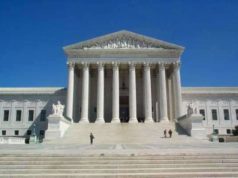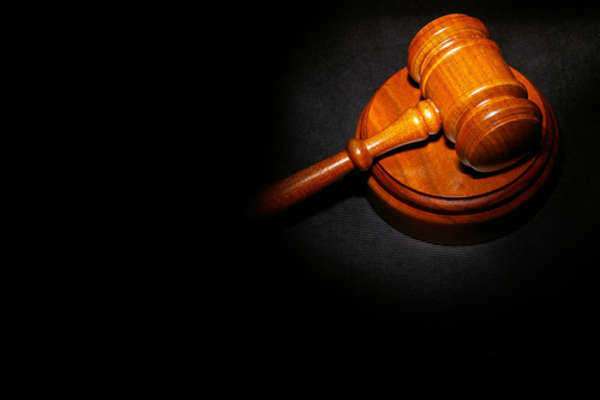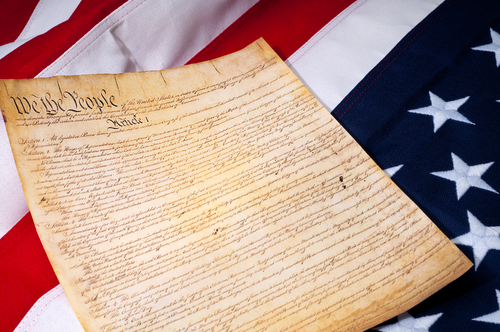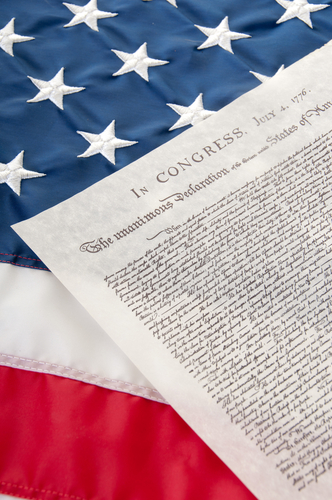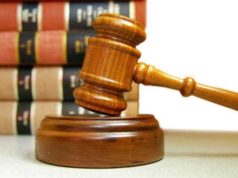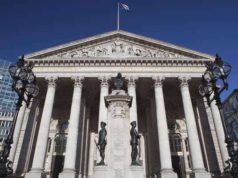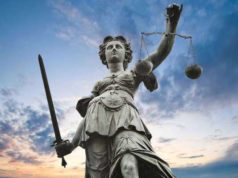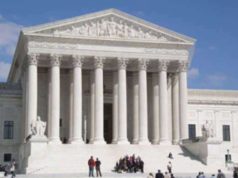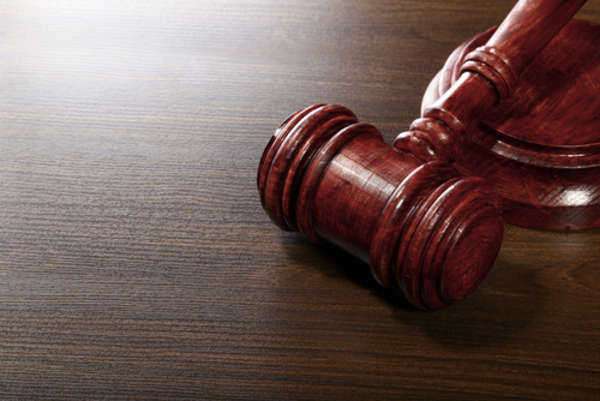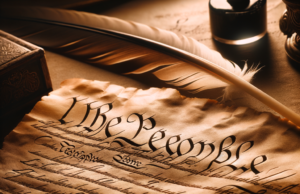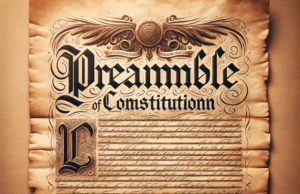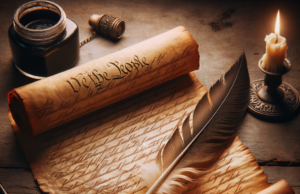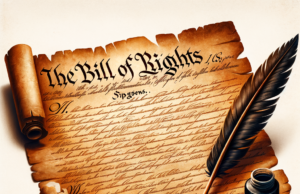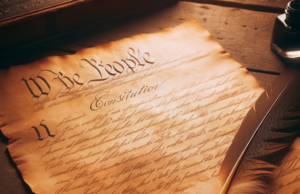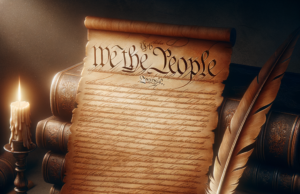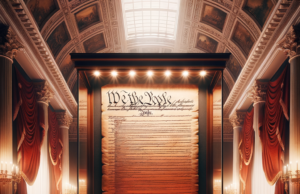
The 18th Amendment: The Prohibition Era
The United States Constitution was written to create a framework for the government, and it has undergone significant changes over the years. One such amendment was the 18th Amendment, which was ratified in 1919 and banned the production, sale, and transportation of alcohol. The 18th Amendment, also known as the Prohibition Amendment, was meant to reduce alcohol consumption and its harmful effects on the nation, but it ultimately failed and was repealed 13 years later. This article provides an overview of the 18th Amendment, its impact, and why it was ultimately repealed.
The Prohibition Era
The Prohibition era began with the ratification of the 18th Amendment on January 16, 1919. The amendment, which was a result of several social movements of the time, was enacted as an attempt to regulate alcohol consumption in the United States. Prohibition advocates believed that alcohol was responsible for many social problems, including domestic violence, crime, and poverty, and that banning alcohol would lead to a healthier and more productive society.
The 18th Amendment prohibited the manufacture, sale, and transportation of intoxicating liquors. The amendment did not, however, prohibit the consumption of alcohol, so individuals were allowed to keep their existing stocks of alcohol and to make their own beer and wine at home.
The Impact of Prohibition
The impact of Prohibition was significant, both positively and negatively. On one hand, it achieved some of its goals. For example, the consumption of alcohol decreased during the early years of Prohibition, and there was a decrease in alcohol-related crimes. However, prohibition also led to the rise of organized crime, which saw an opportunity to profit from the illegal sale of alcohol. Bootleggers, speakeasies, and moonshiners became prevalent, and the black market for alcohol flourished.
Prohibition also led to an increase in corruption among law enforcement officials and government officials. The government struggled to enforce the law, and many citizens openly defied the law. This resulted in a significant loss of respect for the law and its enforcers.
Repeal of Prohibition
The negative impact of Prohibition eventually led to its repeal. The repeal of Prohibition began with the Great Depression, as the government was in desperate need of revenue to fund social programs and create jobs. Additionally, the American public had grown tired of the negative consequences of Prohibition, such as corruption, organized crime, and the harm to innocent citizens who were punished for breaking the law.
In 1933, the 21st Amendment was ratified and repealed the 18th Amendment. The 21st Amendment allowed the states to decide whether to legalize the sale of alcohol or continue to prohibit it. By the end of 1933, all states had voted to legalize the sale of alcohol.
Today, the 18th Amendment remains a reminder of the consequences of attempting to regulate individual behavior through government intervention. Prohibition attempted to solve a social problem by restricting individual liberty, but it ultimately failed and caused more problems than it solved.
Conclusion
The 18th Amendment, also known as the Prohibition Amendment, was implemented in an attempt to regulate alcohol consumption in the United States. The amendment prohibited the production, sale, and transportation of alcohol but did not prohibit consumption. Prohibition achieved some of its goals but ultimately led to the rise of organized crime, corruption, and the loss of respect for the law. The amendment was repealed in 1933 with the ratification of the 21st Amendment, which allowed individual states to decide whether to legalize alcohol. Today, the 18th Amendment serves as a reminder that individual liberty is an essential part of the American identity and that trying to regulate individual behavior through government intervention can have unintended consequences.

